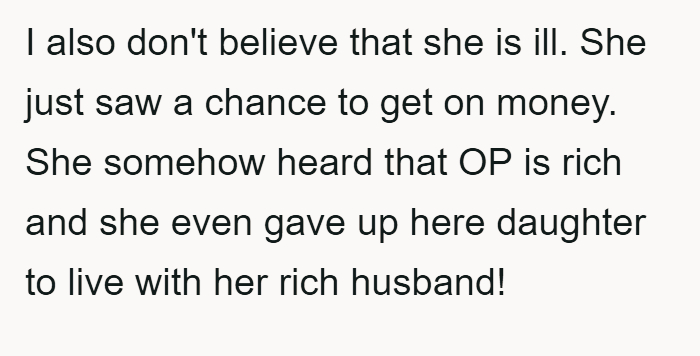‘AITA for not paying for my mother’s medical procedure even though I have cash for it?’
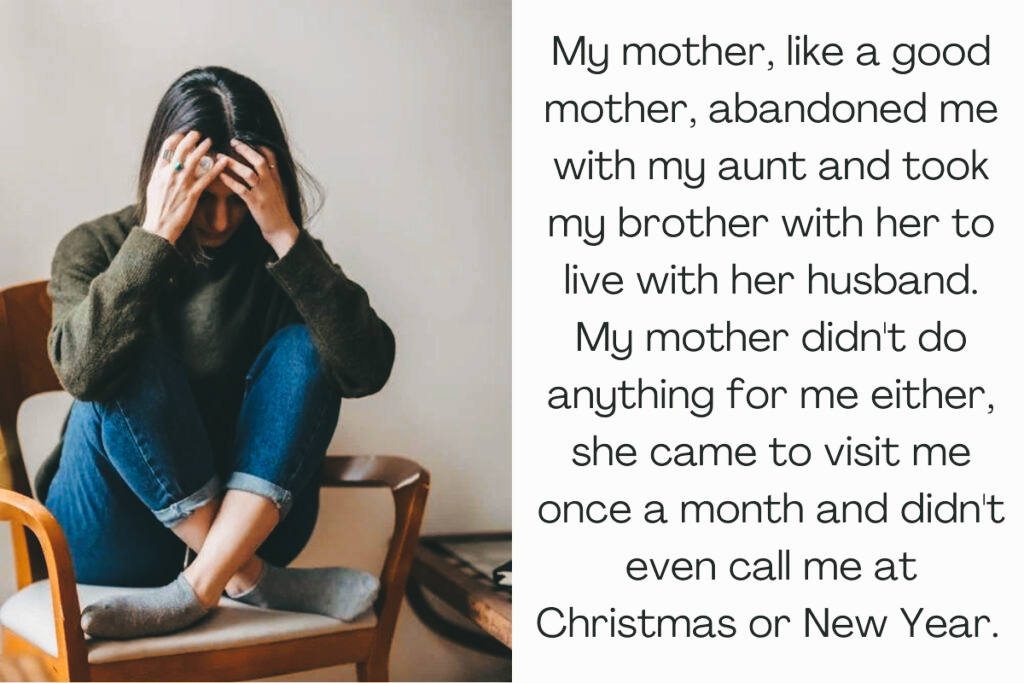
In a new circumstance, an individual confronted a difficult choice in regards to whether to monetarily support their alienated mother’s a medical procedure in spite of being able to do as such. The person, who experienced huge surrender issues in adolescence, had been raised by their auntie and uncle after their mom remarried soon after their dad’s demise. The mother had abandoned her to live with her new spouse and their youngsters, failing to keep a significant relationship or proposition support.
Years after the fact, the alienated mother connected, trying to reconnect and repair their relationship. During a gathering at a café, she uncovered her ongoing critical conditions: a new separation, alienation from her child, and serious medical problems requiring costly medical procedure. In spite of the mother’s supplication for monetary assistance, the individual decided not to contribute, feeling awkward with the solicitation because of their mom’s previous way of behaving. This choice prompted a warmed a showdown, with the mother blaming them for being coldhearted.
The individual’s auntie upheld their choice, recognizing the person’s monetary capacity yet accentuating that it was at last their decision whether to give assistance. The circumstance brings up issues about familial commitments, the effect of past activities on current connections, and the morals of monetary help with stressed relational peculiarities.
Read for more info Reddit

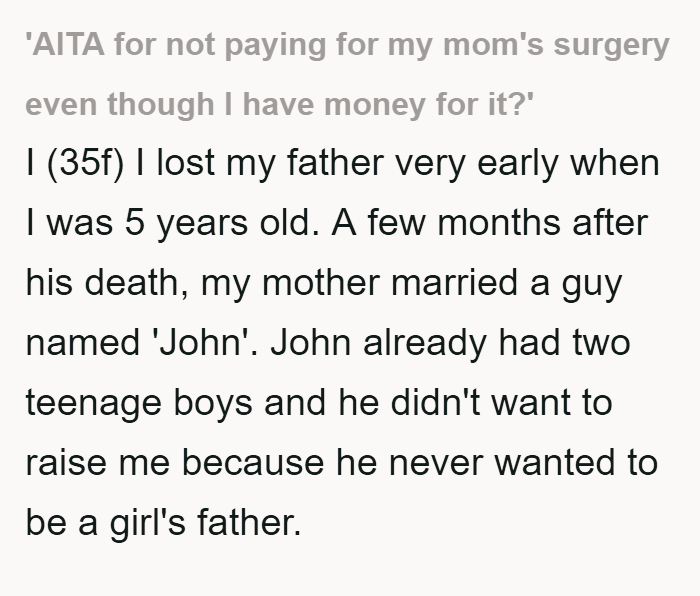
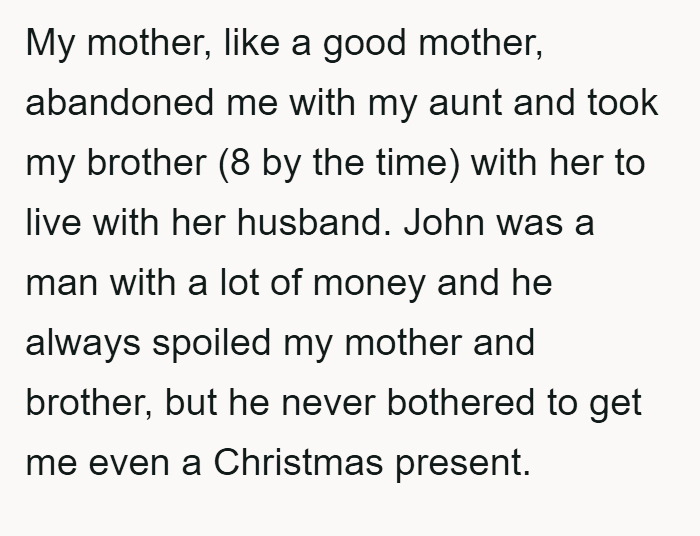
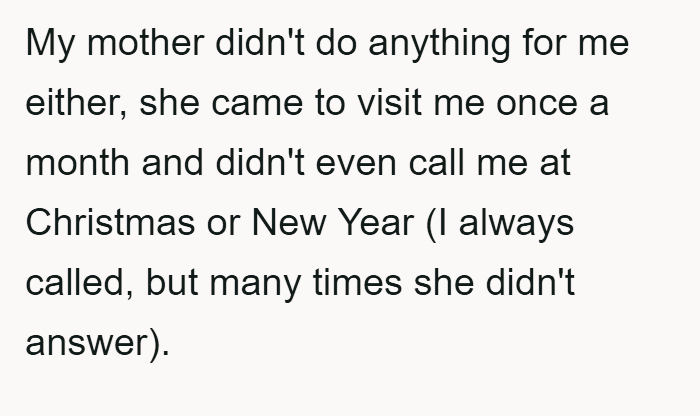
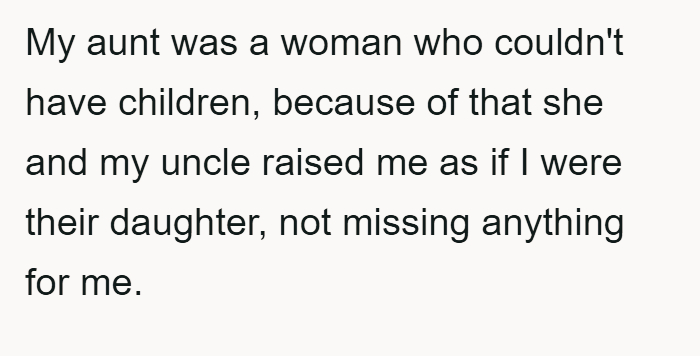
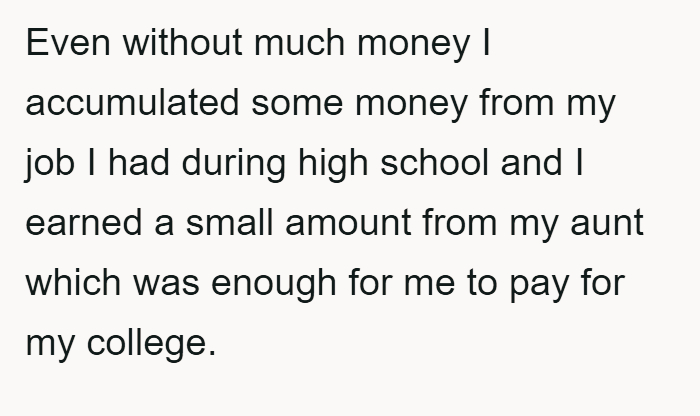

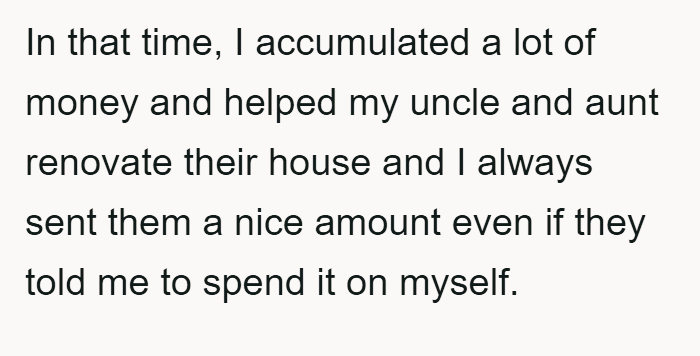
A deep assessment with respect to a their individual mother leave them quite a while back came up in a new conversation. The predominant opinion is that this individual isn’t committed to offer any help to their alienated parent. Pundits contend that the mother’s surrender shows an absence of certifiable concern or sympathy, delivering any cases of sickness problematic. This viewpoint highlights the conviction that the singular’s choice to keep help is legitimate, given the conditions of their past.
One more perspective features the significance of thinking about familial connections in such circumstances. It was noticed that grasping whether the mother’s sister, or another family member, could impact the choice. Notwithstanding, there is general arrangement that the mother’s new methodology and her absence of earlier inclusion were both described by a shortfall of modesty. This recommends that the alienated parent’s endeavor to look for help was not fittingly taken care of, further legitimizing the singular’s reaction.
In outline, the discussion mirrors a more extensive conversation about moral obligation, family commitments, and the earnestness of allures for help. The discussion encompassing the mother’s supposed medical problems and her previous activities assumes a focal part in molding feelings about the proper reaction to such demands for help.
How about we find out?
pjfranri9 writes:
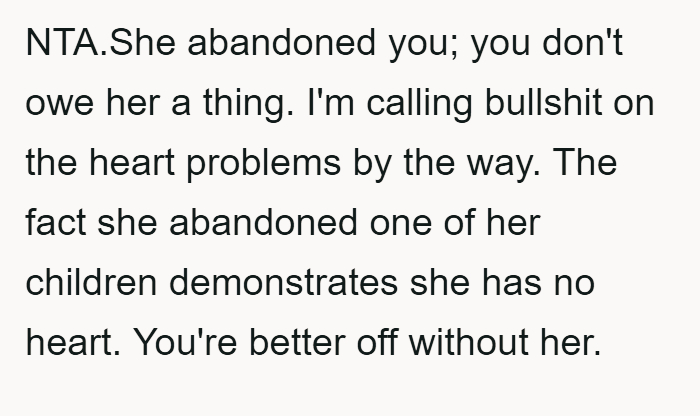
ihavesaidmypiece writes:
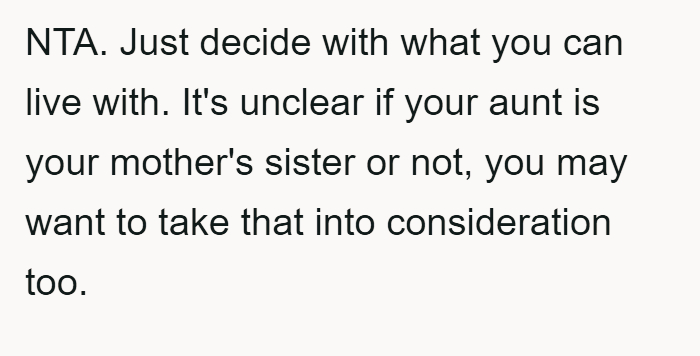
evilfinch writes:
